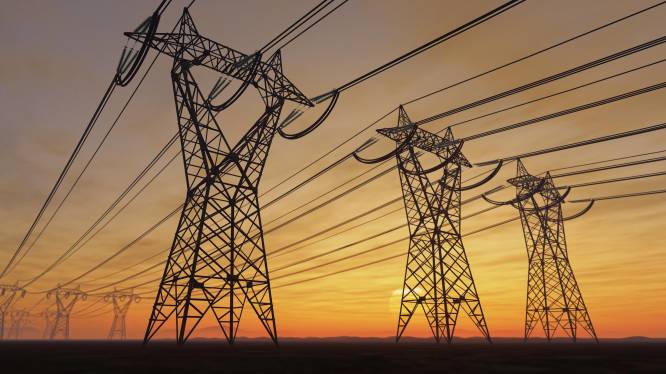The Department of Energy is proposing further federal funding cuts that could impact many promising startups and major automakers like Ford, General Motors, and Stellantis. According to a TechCrunch analysis of an internal document not yet made public, the proposed cuts would cancel more than five hundred million dollars in contracts awarded to over a dozen startups. All of the grants slated for cancellation were originally awarded under the Bipartisan Infrastructure Law. These newly reported proposed cuts come in addition to the more than seven and a half billion dollars in contracts the administration said it would cut last week.
Startups are not the only entities affected. Other companies facing the loss of grants worth hundreds of millions of dollars include Daimler Trucks North America, Ford, General Motors, Harley-Davidson, Mercedes-Benz Vans, Stellantis, and Volvo Technology of America. Sources have confirmed these are proposed cuts.
General Motors could lose at least five hundred million dollars in grant money from a federal Domestic Manufacturing Conversion Grant program. These funds were intended to be used for retooling the Lansing Grand River Assembly Plant in Michigan. The automaker had announced plans in July 2024 to produce electrified vehicles, including hybrids, at that facility.
Some of the awards are significant, and their cancellation would undoubtedly affect the operations of the involved startups. While several were on a list of proposed cuts that leaked last week, many are new and had not been previously announced.
Two awards facing cancellation each exceeded one hundred million dollars. One was a one hundred eighty-nine million dollar award granted to the materials startup Brimstone. Those funds would have helped the company construct a plant to produce Portland cement, alumina, and other materials using less carbon dioxide. The other large award went to Anovion, a Chicago-based startup working to build a factory for producing a domestic supply of synthetic graphite for lithium-ion batteries. Chinese companies currently dominate the graphite market.
Battery materials startup Li Industries received fifty-five point two million dollars under the Bipartisan Infrastructure Law to recycle LFP batteries, an effort to secure part of that supply chain from China.
Other cement startups are also on the list. Somerville, Massachusetts-based Sublime Systems was given an eighty-six point nine million dollar award to build an ultra-low-carbon cement plant. Mountain View-based Furno, which is developing a novel, modular cement kiln, would lose its twenty million dollar grant to build a demonstration facility in Chicago.
Several building materials companies were listed as well. CleanFiber and Hempitecture, which manufacture insulation for homes and commercial buildings, are at risk of losing ten million and eight point four million dollars respectively. Skyven Technologies, a maker of industrial heat pumps, and Luxwall, which produces super-insulated windows, would lose fifteen million and thirty-one million dollars respectively.
At least one of the proposed cancellations appears to conflict with the administration’s stated goals of energy and AI dominance. TS Conductor, which could lose twenty-eight point two million dollars in grant money, manufactures advanced conductors for electric lines that promise to double or triple the capacity on existing transmission lines. This technology could reduce grid bottlenecks and improve the likelihood of data centers receiving power sooner.

